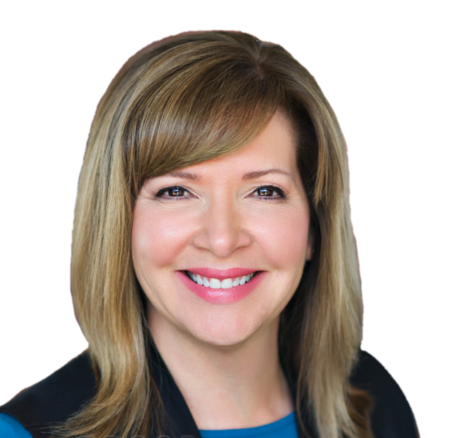 Dr. Suzanne Rogers serves as Assistant Professor of Pediatrics at the Idaho College of Osteopathic Medicine.
Dr. Suzanne Rogers serves as Assistant Professor of Pediatrics at the Idaho College of Osteopathic Medicine.
Dr. Rogers is a board certified pediatrician with 15 years of clinical experience in office based medicine and urgent care settings. She is a fellow of the American Academy of Pediatrics. She was a registered nurse specializing in teaching in prehospital care and emergency medicine education prior to attending medical school. Dr. Rogers was born and raised in Southern California. She received her RN from the California Hospital School of Nursing. She later attended the University of La Verne where she completed her undergraduate degree in Healthcare Management. In addition, she completed a post baccalaureate pre med program at Occidental College. She attended the University of New England College of Osteopathic Medicine followed by an internship and residency in pediatrics at the University of Maryland in Baltimore.
After completing residency training Dr. Rogers relocated to Colorado Springs, Colorado where she spent three years working in private practice, hospital medicine and urgent care settings. She eventually moved to Denver and moved her career to a large private practice as well as working within the urgent care program at the Children’s Hospital Colorado. Throughout her time in Colorado, she worked on multiple committees at the Children’s Hospital Colorado such as the Clinical Faculty Committee, the Admissions Committee for the University of Colorado Medical School and the Medical Staff Advisory Board. She was involved in educating medical students as well as pediatric residents.
Dr. Rogers looks forward to returning to her roots in medical education. She now lives in Boise with her husband and dog. Their son and family live in Missoula, Montana.
Q: What inspired you to pursue a career in medicine?
A: My first memory of wanting to be a physician was when I was 12 years old. I met a physician I greatly admired who was an American of Japanese descent who had been in the internment camps in California as a child during WWII. He went on to join the United States Air Force and fight in the Korean War. He subsequently went to medical school after leaving the military. He was the kindest, smartest person I knew and I wanted to be a physician like him.
I didn’t know how to go to medical school after high school and became a registered nurse instead. The desire to become a physician never went away and I tried to expand my role as a nurse to try and satiate my desire for knowledge. I worked in ICUs and Emergency Departments and then moved on to train paramedics. t was during this time I developed a love of teaching and wanted to continue to expand my experience in the field. I managed the Paramedic Base Hospital program at Los Angeles County/University of Southern California Medical Center in the Department of Emergency Medicine. At LAC/USC. I was involved in continuing education and quality improvement for the EMS system. Because of my continuing desire to become a physician, the faculty I worked for in the Emergency Medicine Residency program encouraged me to go to medical school.
I returned to school and attended a post baccalaureate program at Occidental College. I received my medical degree from the University of New England COM and graduated from the University of Maryland Pediatric Residency program in Baltimore.
Q: How did you transition into academia, and what inspired you to work for ICOM?
A: While working in private practice as well as for the Children’s Hospital Colorado in the urgent care system and as a hospitalist, my desire to teach never dissipated. I was a preceptor for many medical students and decided to pursue a full-time career in medical education. I learned about ICOM before the school was built and moved to Idaho in December 2017.
Q: What is your favorite memory from your time in medical school?
A: The first day of medical school at UNE, I was sitting in the lecture hall listening to the presentations about the history of Osteopathic Medicine and the school’s philosophy and mission and I remember realizing that I had finally found the place where I belonged.
Q: What is the best part of your job?
A: Teaching and interacting with students. Working with students and being able to help them understand difficult concepts is very rewarding. Clinical small group activities are the favorite part of my week.
Q: What advice do you have for ICOM’s student doctors as they prepare to become physicians?
A: Medical school and residency are probably among the hardest things you’ll ever do. It is a difficult, demanding profession that is also extremely rewarding.
Remember to treat patients the same way you would like to be treated. You are a physician 24 hours per day/7 days a week. Every aspect of your life is scrutinized from interactions in public as well as social media.
Work hard, show up early, stay until the job is done. Smile even when you don’t feel like it. You have an enormous responsibility to your patients and will have a significant impact on their lives.